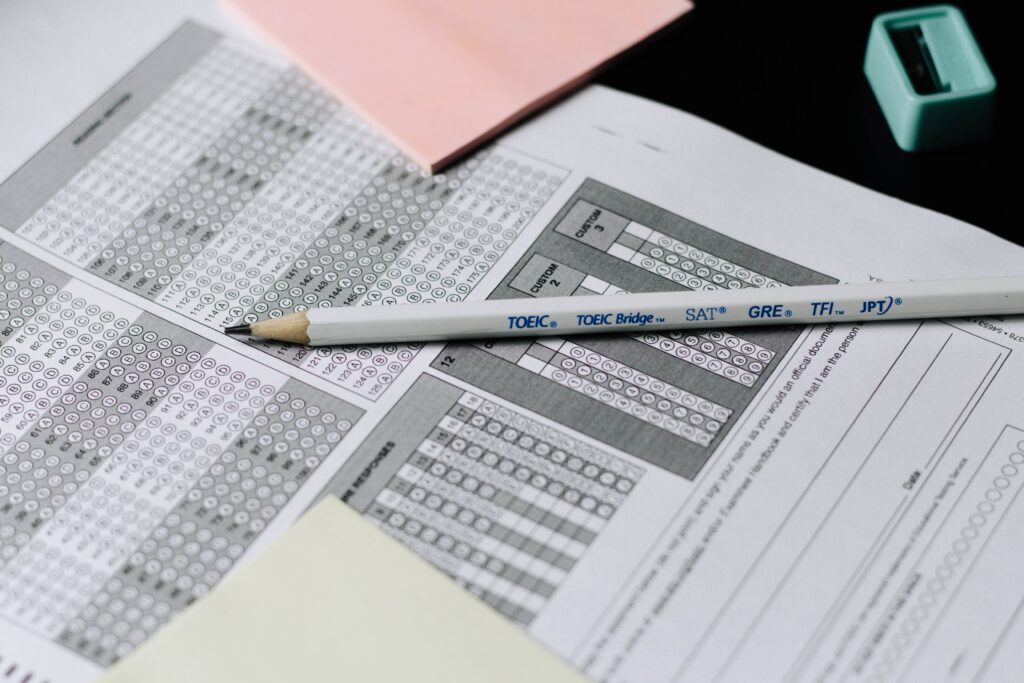A new law that goes into effect this year and impacts third grade students is taking some criticism.
The law requires that all third-grade students who score below “met expectations” on TNReady reading be held back unless they complete a summer remediation program and possibly also enroll in a tutoring program for the academic year.
The point is to focus on improving reading scores. The reality is that nearly 70% of Tennessee third graders would fall into this category, thus requiring districts to offer extensive summer reading programs and school year tutoring. It’s likely, too, that some students will not complete the remediation and will then repeat third grade.
This means more costs for local districts – and the law, authored by Rep. Mark White, offered no new resources for districts. Additionally, since the law passed, the General Assembly has not offered districts funds to provide for summer reading or tutoring as indicated by this law.
Here’s more from Nashville’s WKRN:
When asked if he would consider adding funding to this bill to support schools with tutoring efforts and summer programs, White again expressed a willingness to talk about it.
“That is one of the big objections. We can look at this come January and modify the law if we think that’s what needs to be done,” he said.
That’s an interesting answer. White is not committing to providing funding or support to districts – only to “looking at” the law and the current objections. A more prudent approach would be to work with Gov. Lee to secure dedicated funding. Or, even, to change the law in such a way that districts get the supports/interventions/funding BEFORE any penalty hits students in terms of retention.

For more on education politics and policy in Tennessee, follow @TNEdReport
Your support – $5 or more – makes publishing education news possible.
